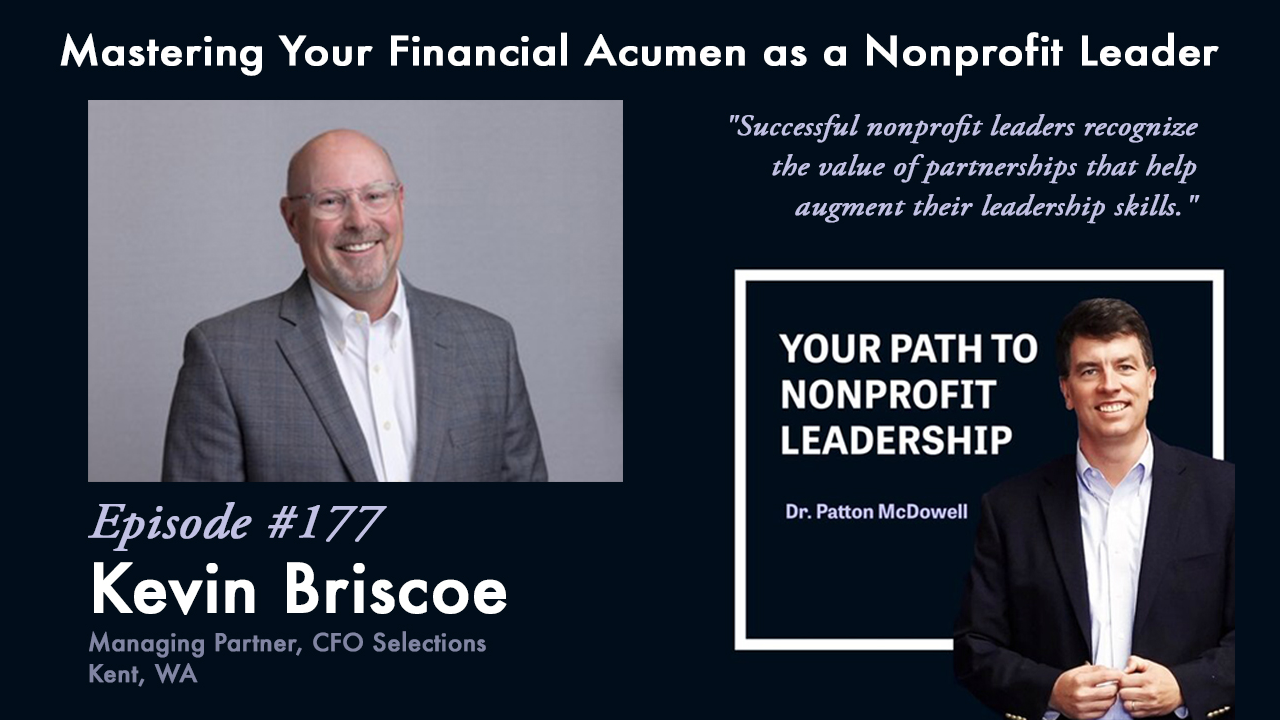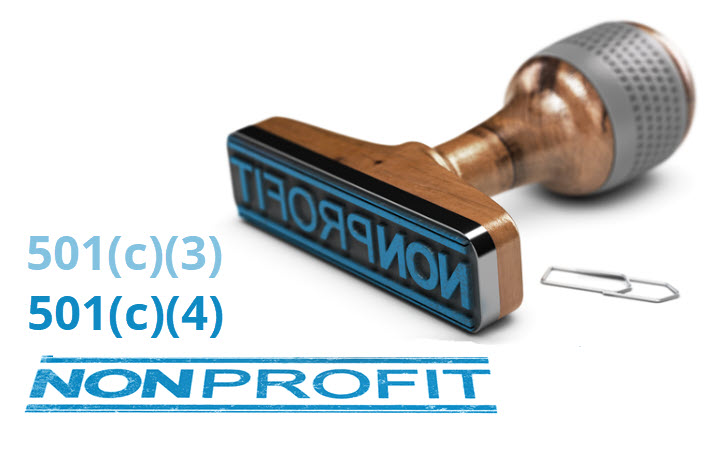At any nonprofit organization reporting tells the story of what is happening and why. But reports are not simply a snapshot of where the organization is today. They are a critical piece of information to predict where the organization will be tomorrow.
All nonprofits do some combination of financial reporting, management reporting, and board reporting. Internally these reports help organizations manage risk, evaluate current efforts against performance objectives, make strategic operational decisions, and prepare for what is coming next. Externally these reports communicate with key stakeholders and rally supporters. As such, reporting is extremely important for any nonprofit organization.










